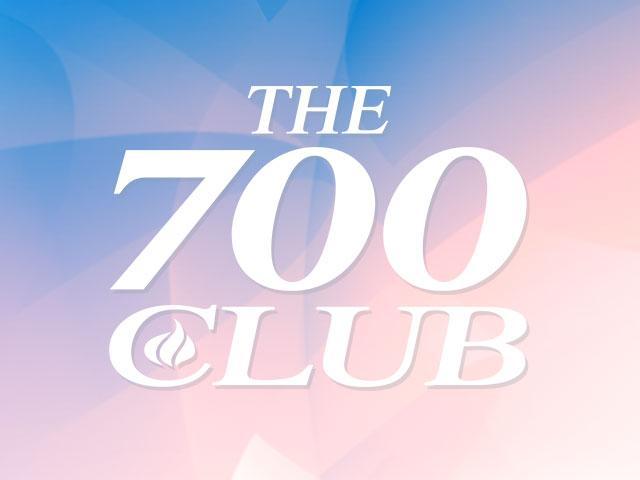Boost Your Immune System and Beat Quarantine Cravings
BOOSTING YOUR IMMUNE SYSTEM
As the nation (and most the world) trys to avoid contracting or spreading COVID-19, Dr. Smith believes it’s more important than ever to strengthen one’s natural defenses. A critical aspect of that is eating foods which particularly give the immune system a boost, some of which are: mushrooms, oranges, grapefruit, ginger, garlic, turmeric, spinach, and broccoli.
Also important in maintaining those defenses, Dr. Smith says, is eating the right kind --and balance-- of the macronutrients: protein (10-35% of calories), carbohydrates (45-65%), and fat (20-35%). Many people fall for the claims of highly popular nutrition and diet plans, such as ones which advocate extremely low levels of carbs. “These programs are also considered to be unsafe over the long term, because they can raise cholesterol levels and, according to some studies, are associated with an increased risk of diabetes. Some studies have even suggested that people on the lowest-carb diets that are high in animal protein, have the highest risk of dying of cancer, cardiovascular conditions, and all other causes,” he explains.
THOSE PESKY CRAVINGS
As people everywhere are under shelter-in-place restrictions, they must deal with the tempations calling from their refrigerators and pantries. Whether motivated by a desire for better nutrition or weight loss, all of us have to deal with cravings for great-tasting, but unhealthy foods. Dr. Smith says it’s important to know the difference between cravings and actual hunger, which are not the same. The latter is the body’s natural call for nourishment, while cravings are urges for very specific foods, and have physical, physiologic, and psychologic underpinnings. Dr. Smith says that cravings go away eventually, and offers many ways to “outlast” them in Mind Over Weight, such as: eating mindfully, staying hydrated, controlling our environments, eating protein, reducing stress, getting more sleep, drinking tea, not skipping meals, and getting chromium in our diets. He also says that distracting oneself from cravings by doing something like physical activity, reading, or listening to music or a podcast is very effective.
Dr. Smith suggests another great way to “crush” cravings: Satisfy them with a healthy substitute. For example, when one craves something full of sugar and fat, he could instead eat dark chocolate, dates, or berries. For a salty craving, one can eat sea-salt crackers and almond or peanut butter, diced watermelon with crumbled feta cheese and balsamic vinegar, or dill pickles. To satisfy a savory craving, he suggests edamame (soy beans), string cheese, or guacamole w/raw veggies for dipping.
MAKE GOALS YOUR GOAL
“How successful you are in setting the right goals is how successful you’ll be in achieving them,” Dr. Smith believes. In order to eat better and/or lose weight, he says we must make think carefully about the goals we set. Using the acronym VERY SMART, he helps us to think critically about our goals. The term stands for: varied, effective, responsible, yours, specific, measurable, attainable, relevant, and time-limited. He goes on to explain each characteristic as a key component of deciding what goals to set. To accomplish a big goal, Dr. Smith says we need to learn how to break it down into manageable “mini-goals.” For instance, he says a reasonable weight loss goal is ten pounds in six weeks, and a responsible set of min-goals for that is:
- Week 1: 3 lbs
- Week 2: 2 lbs
- Week 3: 2 lbs
- Week 4: 0 lbs
- Week 5:1 lbs
- Week 6: 2 lbs





